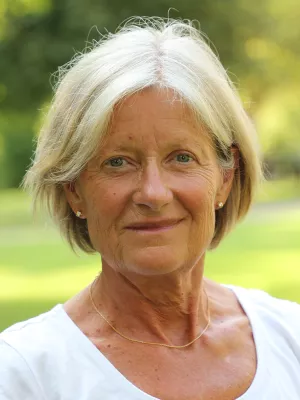
Anne Jerneck
Professor, Docent

Taking gender seriously in climate change adaptation and sustainability science research : views from feminist debates and sub-Saharan small-scale agriculture
Author
Summary, in English
People, places, and production contributing the least to climate change will suffer the most. This calls for adaptation as a key climate change response. But adaptation is surrounded by problems. Finance is uncertain and fragmented, mainstreaming into development is complicated, and technical solutions often overshadow existing social relations and institutions. From a gender perspective, and as a critical research initiative to support the building of sustainability science as an umbrella field, this article raises three pertinent questions on adaptation in the global South: what is its purpose, how can development inform it, and what institutions in terms of rights and responsibilities are core to it? Focusing on sub-Saharan small-scale agriculture, three main points emerge. Regarding the purpose, adaptation should be a transformative pathway out of poverty, ill-health, and food insecurity. Regarding development, adaptation can learn from how development theory, policy, and practice have addressed women, gender, and environment in varied settings and debates. Regarding core institutions, adaptation must address gender regimes that regulate access to, use of, and control over resources, especially those defining land distribution, labour division, and strategic decision-making power. To conclude, I propose gender-informed research questions for further inquiry.
Department/s
- LUCSUS (Lund University Centre for Sustainability Studies)
Publishing year
2018-03
Language
English
Pages
403-416
Publication/Series
Sustainability Science
Volume
13
Issue
2
Document type
Journal article
Publisher
Springer
Topic
- Gender Studies
- Human Geography
Keywords
- Development
- Distribution
- Empowerment
- Environment
- Inequality
- Poverty
Status
Published
ISBN/ISSN/Other
- ISSN: 1862-4065